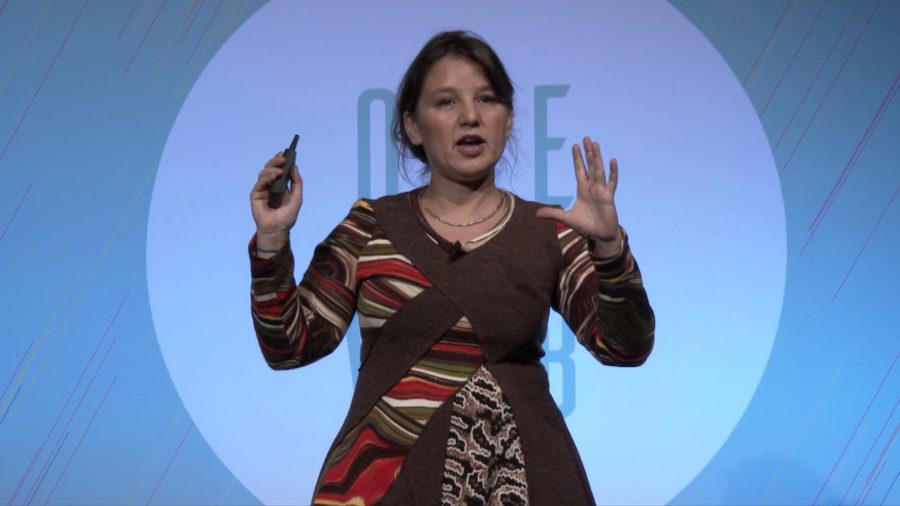A couple of major platforms like Facebook and Twitter, YouTube, have become in many places around the world a de facto public sphere. Especially in countries that have less than free Internet, less than free mass media. And these countries have transitioned from a very controlled public sphere to a commercially-run one like Facebook.
Archive (Page 2 of 3)
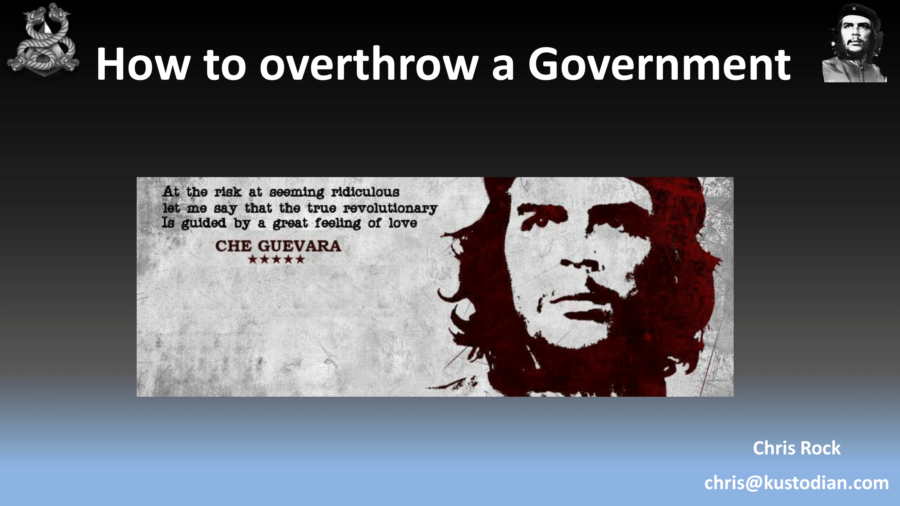
I don’t want to live in a world where ISIS is scarier than hackers, especially in 2016. We previously held the title in 2013, ’14, and ’15. And to be honest I was a little bit disappointed when I saw this result. So I thought I’m in my 40s now, there’s a lot of young hackers in the audience, and I’m not going to pass the baton to you guys unless we have that number one spot back in our pile.
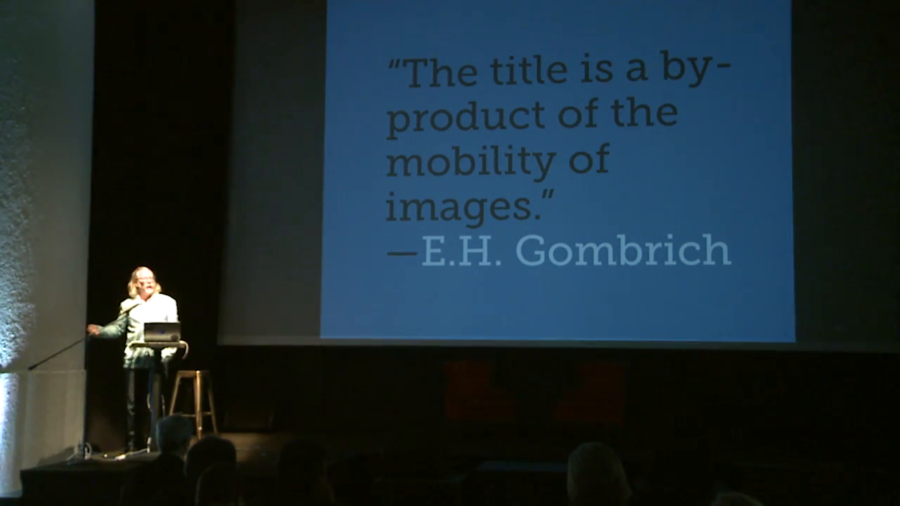
By and large images tend to always be in the lead, always running ahead because of ease of consumption, because it requires less brain processing on our parts. But text is never obliterated.
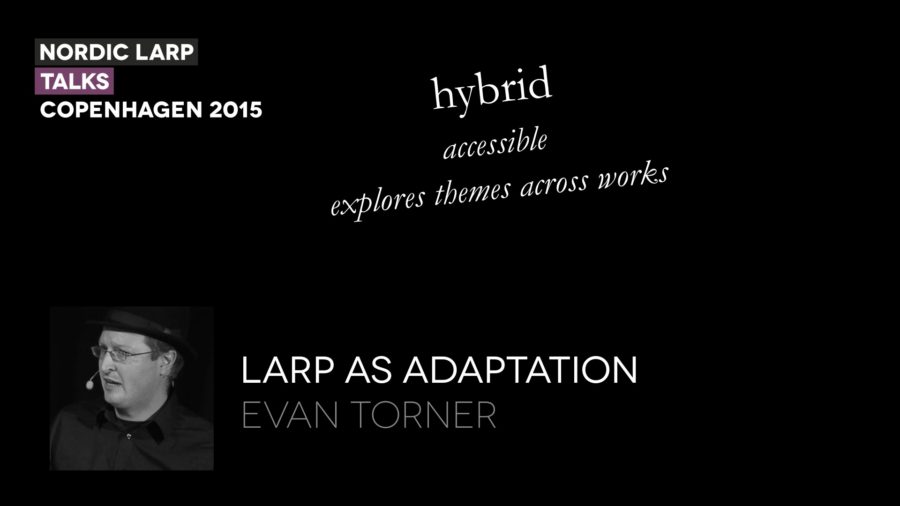
A larp takes a space and makes a place in which we create fiction with our bodies, and our voices. Although the larp medium certainly shares a lineage with the theater and the oral storytelling tradition, most of the fiction that we consume comes in other forms.
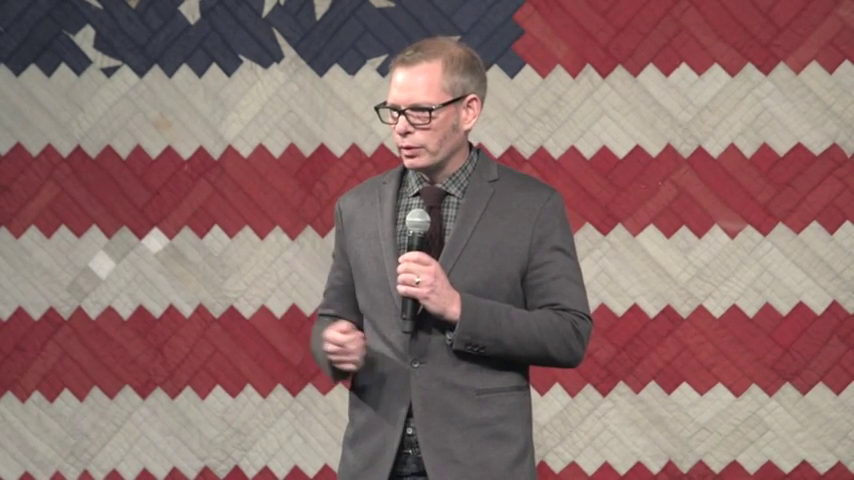
I think there’s an unprecedented opportunity to change our relationship with political power. And I don’t think we need to be afraid of it. I don’t think we have to compromise our core principles in order to do it.
We’re continuing our series of installments, focusing on what makes new media new. Or put another way, how new are new media, really?
We’re going to talk at length about new media. And in our first few installments we’re going to begin by thinking for a bit about what makes a medium new.
The worst-case scenario for Detroit would be that the architecture of the Internet as it is now continues, and Detroiters’ stories, voices, lives, are absent. And the New York Times story about the creative class saving Detroit, or the documentary about the abandonment and wholesale destruction of Detroit that portrays it as a wasteland and a blank canvas ready for entrepreneurial exploitation, that those stories are defining the national, the global imagination of what Detroit is. And that those stories, they don’t use influence people’s desire to come here and do those things and live that life, though that’s part of it, but it also shapes the perception of people inside the city.
We’ve got two paradoxical trends happening at the same time. The first is what I call in my book “the cult of the social,” the idea that on the network, everything has to be social and that the more you reveal about yourself the better off you are. So if your friends could know what your musical taste is, where you live, what you’re wearing, what you’re thinking, that’s a good thing, this cult of sharing. So that’s one thing that’s going on. And the other thing is an increasingly radicalized individualism of contemporary, particularly digital, life. And these things seem to sort of coexist, which is paradoxical and it’s something that I try to make sense of in my book.

